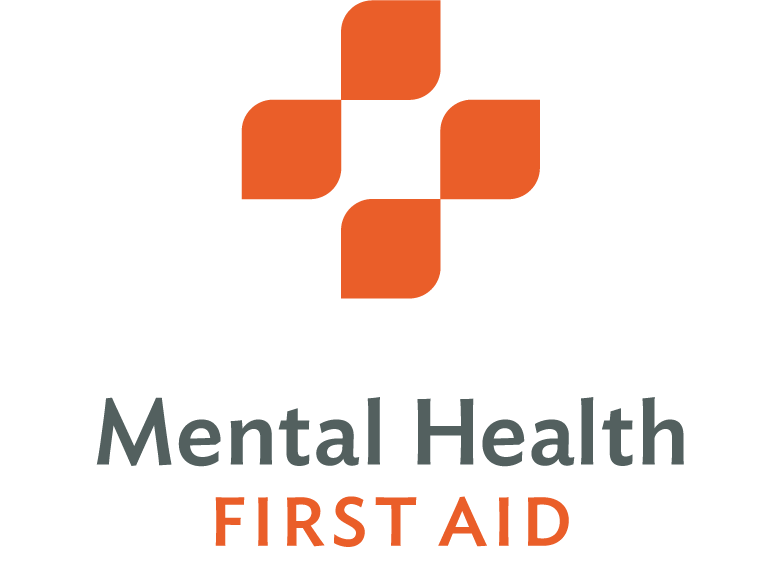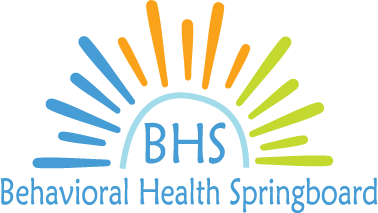How easily stress sometimes slides to depression and despair before sinking into hopelessness. The earlier an intervention intercepts that continuum, the greater the chance of averting crisis. Teens emerging from the shelter of childhood into the comparatively callous world of adulthood often are at their most vulnerable. The second leading cause of death for children ages 12 to 17 is suicide.
The North Carolina Governor’s Office has made a $4.6 million commitment to a program housed at UNC School of Social Work to connect with struggling youth and guide them toward help. The yearlong grant, which started July 1, will cover costs for adults who engage with teens and for teens themselves to be trained and certified to recognize early signs and symptoms of youths experiencing mental health challenges and addictions.
The program, called Youth Mental Health First Aid, aims to touch all 100 counties in North Carolina to train teachers, coaches, parents and other adults who engage regularly with high schoolers and middle schoolers to identify red flags and offer resources to help teens cope. Ruby Brown-Herring, a former Mental Health First Aid Coordinator at the School of Social Work, has helped get the program off the ground thanks to her experience working as a mental health professional.
“This is part of North Carolina’s push to reduce youth suicide and youth mental health crises we’ve seen recently,” Malagon said. The U.S. Surgeon General put out a warning in 2021 that youth mental health was at a crisis level nationwide.
“Access to mental health care is very poor in North Carolina,” Malagon said. “School staff are struggling and feel ill-equipped to handle the mental health challenges of young people.”



